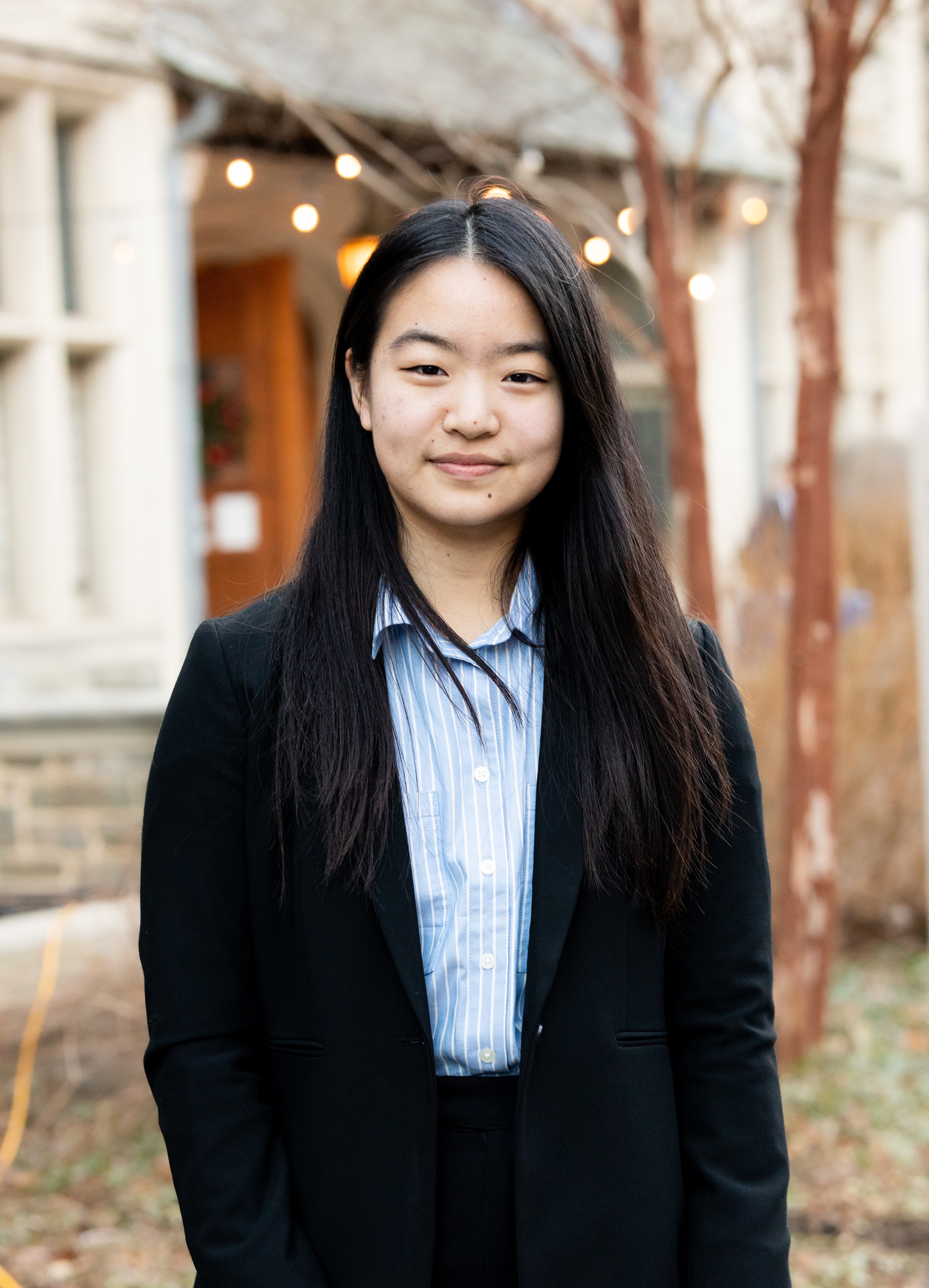Connect with hundreds of tutors like Frank
Who needs tutoring?
FEATURED BY
TUTORS FROM
- YaleUniversity
- PrincetonUniversity
- StanfordUniversity
- CornellUniversity

Frank
About Me
I am a clinical professor, and chair of the data science masters program at Pace University in New York, with extensive experience in research and predictive modeling. I joined Pace after a successful career in financial services. I teach discrete mathematics, data science, and machine learning. My analytical focus is on applied methods and as a result, I use real world problems in my lessons. I believe the goal of education is to encourage students to seek answers through active participation which makes learning more effective and enjoyable. I approach teaching in a supportive way and want students to succeed beyond the classroom. The theme of my teaching philosophy is reasoned thought, whereby students use rational thinking to solve problems. Understanding the fundamental concepts is more important than solving a problem through rote memorization.
Education & Certifications
Q&A with Frank
Tutoring Subjects
Connect with a tutor like Frank
Connect with a tutor like Frank
Tutors with Similar Experience


